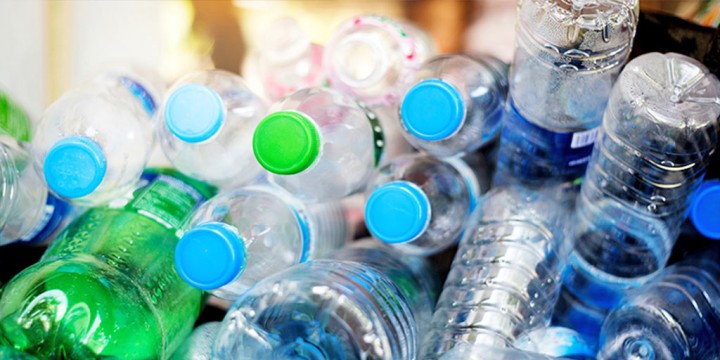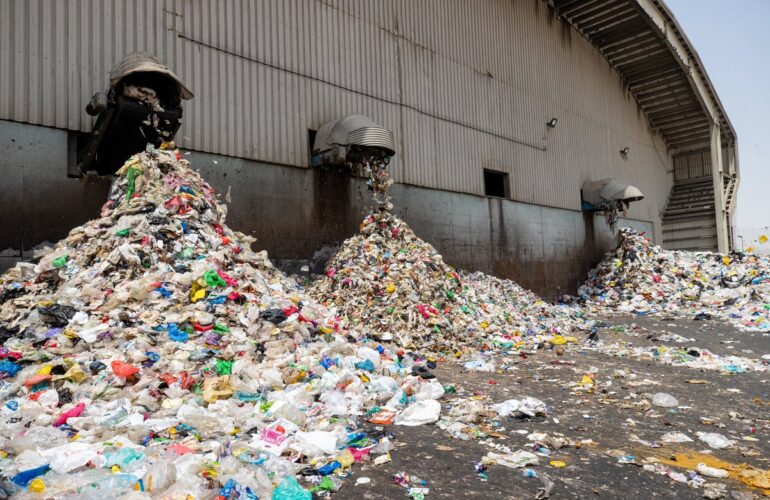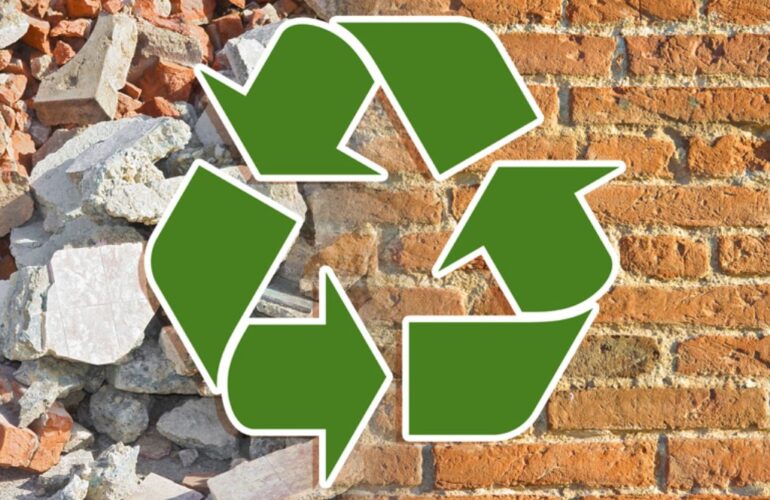EPR Plastic initiatives are at the forefront of efforts to address the global challenge of plastic pollution and promote sustainable solutions for plastic waste management. Extended Producer Responsibility (EPR) frameworks for plastics aim to hold producers accountable for the environmental impact of their products throughout the entire lifecycle, from production to disposal. By incentivizing responsible practices and encouraging innovation in plastic waste management, EPR Plastic initiatives seek to minimize plastic pollution and promote a circular economy for plastics.
Understanding the Urgency of EPR Plastic
EPR Plastic programs are driven by the urgent need to address the pervasive problem of plastic pollution, which poses significant threats to ecosystems, wildlife, and human health. Plastic waste accumulates in landfills, rivers, and oceans, degrading slowly and releasing harmful chemicals into the environment. By implementing EPR Plastic schemes, producers are encouraged to adopt sustainable packaging designs, improve recycling infrastructure, and reduce the overall environmental footprint of plastics.
Scope of Covered Plastics
EPR Plastic initiatives typically cover a wide range of plastic products and packaging materials, including single-use plastics, packaging films, bottles, and containers. The scope may vary depending on regional regulations and industry-specific considerations. By encompassing diverse plastic types and applications, EPR Plastic programs ensure comprehensive management of plastic waste and promote resource conservation and recovery.
Implementing Collection and Recycling Systems
Implementing effective collection and recycling systems is critical for the success of EPR Plastic programs. Producers collaborate with recyclers, municipalities, and other stakeholders to establish efficient collection infrastructure and promote plastic recycling initiatives. Advanced recycling technologies, such as mechanical recycling, chemical recycling, and pyrolysis, are employed to recover valuable plastics and minimize waste sent to landfills or incinerators.
Promoting Circular Economy Principles
EPR Plastic initiatives play a key role in promoting circular economy principles for plastics. By encouraging the reuse, recycling, and recovery of plastic materials, EPR Plastic programs reduce the need for virgin plastic production and minimize environmental impact. Producers are incentivized to design products with recyclability and end-of-life considerations in mind, fostering a more sustainable approach to plastic packaging and production.
Challenges and Opportunities
EPR Plastic programs face various challenges, including limited recycling infrastructure, contamination issues, and consumer behavior. Improving plastic recycling rates and quality requires investment in infrastructure, technology, and public education. However, these challenges also present opportunities for innovation, collaboration, and investment in sustainable plastic alternatives and recycling technologies, driving progress towards a circular economy for plastics.




